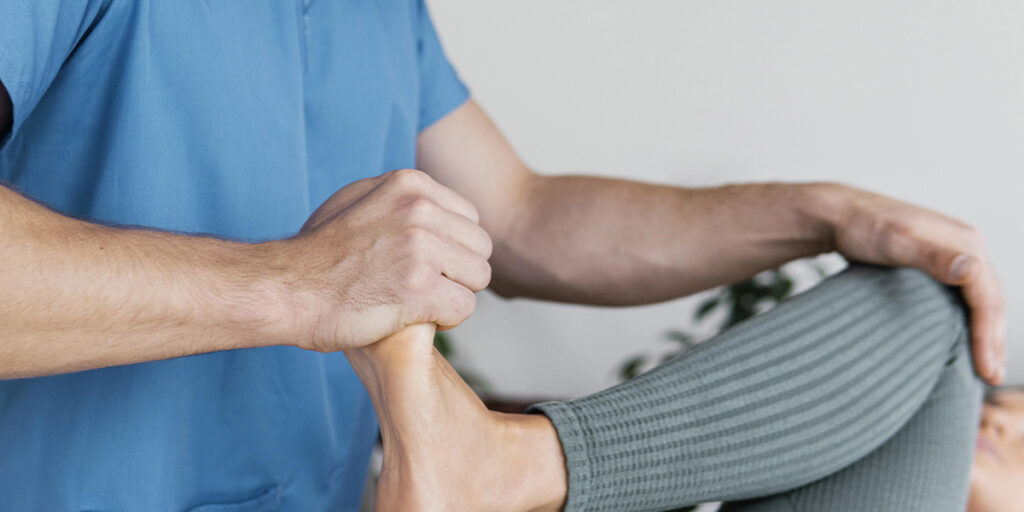
Movement Disorder Clinic
SPECIALTY
Movement Disorder Clinic
Our neurologists and neurosurgeons work together across specialties to diagnose and treat movement disorders, helping patients improve mobility and independence.
Comprehensive Care and Treatment for Movement Disorders
Movement disorders are neurological conditions that affect the speed, coordination, and control of body movements. Common examples include Parkinson’s disease and Dystonia. Patients may experience tremors, stiffness, involuntary movements, or difficulty with balance and coordination.
Early diagnosis and treatment are crucial to slow down disease progression, reduce symptoms, and improve life quality. At Island Hospital, our team of neurologists and neurosurgeons works closely with patients to provide timely care and personalized management strategies.
Treatment options offered at Island Hospital include (but not limited to):
- Medications
- Physical therapy
- Occupational therapy
- Speech therapy
- Deep Brain Stimulation (DBS) surgery
- Botulinum toxin (Botox) injections
- Lifestyle interventions
Deep Brain Stimulation (DBS) for Parkinson’s, Dystonia, and Tremor
At Island Hospital, our movement disorder specialists work together to provide specialised care for patients. One of the advanced treatment options we offer is Deep Brain Stimulation (DBS), a surgical technique that can significantly improve motor symptoms.
Our team has extensive experience performing DBS for patients with Parkinson’s disease, Dystonia, and essential tremor. This procedure has been shown to reduce tremors and address other motor challenges, including rigidity and balance issues. Treatment plans are tailored to each individual, ensuring the best possible outcomes.
Island Hospital is proud to be the only hospital in northern Malaysia offering Deep Brain Stimulation surgery, giving patients access to this cutting-edge therapy close to home.
Our Expertise in Managing Movement Disorders
At Island Hospital’s Movement Disorder Clinic, patients are cared for by a dedicated team of neurologists, therapists, and rehabilitation specialists who work closely together to provide comprehensive treatment. By combining the latest medical advances with proven therapies, we ensure each patient receives the care best suited to their needs.
Over the years, we have supported many individuals in regaining control over their movements and restoring independence. Our goal is to help patients recover more quickly, move with greater ease, and enjoy a better quality of life.
Movement Disorder FAQs
Common movement disorders include Parkinson’s disease, Dystonia, essential tremor, Huntington’s disease, and Tourette syndrome. These conditions can affect movement control, coordination, and muscle function.
Diagnosis typically involves a neurological examination, review of medical history, and imaging tests such as MRI or CT scans. Sometimes, blood tests or genetic testing may be used to identify underlying causes.
If you notice any symptoms, book an appointment with our neurologist or neurosurgeon for a comprehensive evaluation and personalised treatment plan.
Treatment may include medications to manage symptoms, physical and occupational therapy, lifestyle interventions, and advanced options like Deep Brain Stimulation (DBS) surgery. The approach is depends on patient’s symptoms and disease stage.
DBS surgery can reduce tremors and improve motor function in eligible patients. Risks may include infection, bleeding, or hardware-related complications, but careful patient selection and monitoring help minimize these.
Yes, regular exercise, a balanced diet, stress management, and staying socially active can improve mobility and reduce symptoms.









